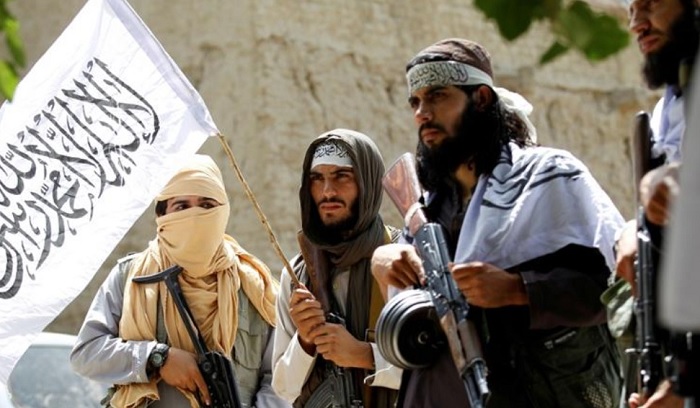UN official warns al-Qaeda still ‘heavily embedded’ with Taliban

A UN official has said despite the Taliban’s pledge in February to cut ties with al-Qaeda, the group is still “heavily embedded” within the Taliban in Afghanistan.
Speaking to the BBC, Edmund Fitton-Brown, co-ordinator of the UN’s Islamic State, al-Qaeda and Taliban Monitoring Team, said there has been regular communication between the two groups despite the US-Taliban agreement signed in Doha in February.
“The Taliban were talking regularly and at a high level with al-Qaeda and reassuring them that they would honor their historic ties,” Fitton-Brown said.
According to him, the relationship between al-Qaeda and the Taliban was “not substantively” changed by the deal struck with the US.
“Al-Qaeda are heavily embedded with the Taliban and they do a good deal of military action and training action with the Taliban, and that has not changed,” he said.
BBC reported that although al-Qaeda’s strength and ability to strike the West has significantly diminished over the past decade, its leader Ayman al-Zawahiri is believed to still be based in Afghanistan along with a number of other senior figures in the group.
But, Fitton-Brown said despite its lower profile, al-Qaeda remained “resilient” and “dangerous”.
Fitton-Brown also told the BBC that he had noted recent reports about the Taliban requiring some Pakistani foreign fighters in Afghanistan to register with them and abide by a code of conduct forbidding attacks outside Afghanistan.
He said it was not yet clear whether that agreement applied to al-Qaeda, nor whether it was an “irrevocable” move toward preventing foreign militants posing a threat internationally from Afghanistan.
BBC stated US officials have been vague when questioned as to whether or not they believe the Taliban is fully complying with its commitments on al-Qaeda, and instead have often suggested the information is classified.
Ambassador Nathan Sales, co-ordinator for counterterrorism at the US state department, told the BBC: “We expect the Taliban to honor the commitments that they made… to end all connections with terrorist organizations in Afghanistan. We intend to continue monitoring the situation very closely to ensure actions are matching words.”
Speaking to the BBC, Rahmatullah Andar, a former Taliban commander and now spokesman for the Afghan government’s National Security Council warned of the threat of a resurgence from al-Qaeda and other global militant groups. “The Americans might think the agreement they have signed with the Taliban will sort everything out,” he said. “But time will prove that’s not the case.”
Fitton-Brown also warned that were the peace process, currently underway in Doha, fall apart, al-Qaeda and the Islamic State (Daesh) could attempt to further exploit “ungoverned space” in Afghanistan.
“Both of those groups have an avowed aspiration to pose an international threat,” he said.
